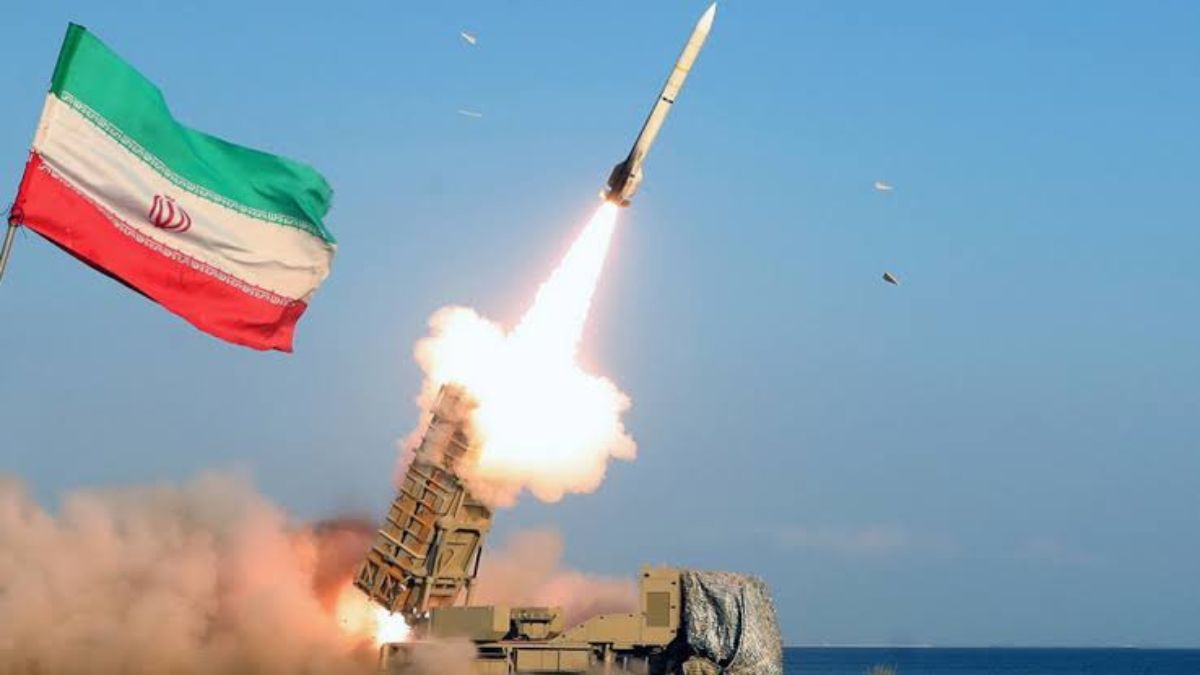Iran has firmly rejected international calls for it to ‘stand down’ following recent geopolitical tensions. The country’s response comes amidst mounting pressure from various global actors who have urged Tehran to de-escalate its current stance.
The call for Iran to de-escalate follows recent developments that have heightened international concerns. Reports indicate that the Iranian government has been involved in activities that have further strained its relationships with Western nations and regional neighbours. These developments include increased military exercises and rhetoric perceived as aggressive by the international community.
In a statement issued on Wednesday, Iranian officials dismissed the demands as interference in their sovereign affairs. They argue that the calls are an attempt to undermine Iran’s national security and sovereignty, and they emphasise their right to defend their interests and security.
The rejection of these calls has prompted further discussions among global leaders about the potential impact on regional stability. Diplomatic efforts are ongoing to address the situation, with some advocating for direct negotiations to ease tensions.
Iran’s stance underscores the complex dynamics of international relations in the region, where conflicting interests and historical grievances often shape interactions between states. The international community remains divided on how best to engage with Iran, balancing diplomatic efforts with concerns over regional security.
As the situation continues to develop, stakeholders from various countries are closely monitoring Iran’s actions and responses. The outcome of this diplomatic engagement will likely have significant implications for future relations and stability in the region.
The rejection of international pressure highlights the challenges of addressing geopolitical conflicts where national interests and security concerns play a central role.

